From Compliance Issues to True Feelings toward Gachi-Koujin… “Reiwa Roman” Barks “Is It Embarrassing to Aim for Popularity?
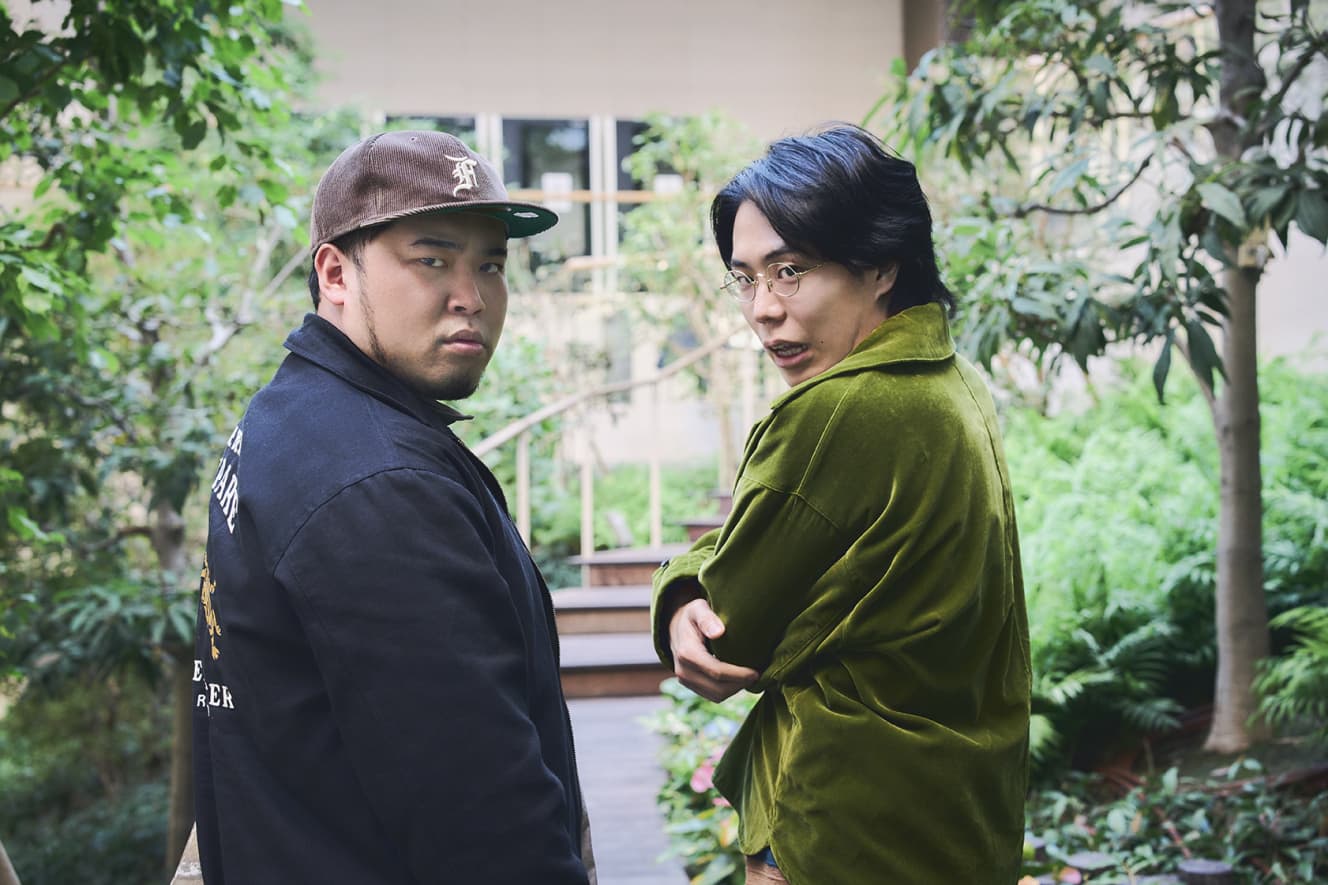
The “guessing game” is now well established in Japan. Many fans profess to guess not only actors and idols, but also comedians. On the other hand, in the world of comedy, which is based on merit, comedians who are popular first are sometimes looked at with a white eye as “wakka” (fans who are looking for their looks and character, not their art or ability). What do comedians really think of “popularity”? To find out, we asked Reiwa Roman, a next-generation breakout comedian who combines popularity and ability, about his true feelings about “popularity.
How do comedians deal with popularity?
–I am going to be direct, but do comedians also have the desire to be popular?
Kemuri Matsui (Kemuri): I don’t think there are any comedians who are in the business of becoming popular. If the material is interesting, popularity will naturally follow.
Ruma Takahiri (Kuruma): A comedian’s motivation is to do funny material. However, it is true that you cannot eat without popularity. My first goal after becoming a comedian is to quit my part-time job. I want to be able to make a living as a comedian on my own. To do that, I need to be able to attract a lot of customers.
Kemuri:You have to have a certain level of popularity to be able to fill solo gigs, or something like that.
Kuruma:There is a conflict among comedians that they are not professionals while they are working part-time. In order to get out of this situation quickly, they try their best to answer questions on Instagram or wait for shows, etc. I think this kind of grass-roots activity is also common among comedians to gain popularity.
Not to be funny, but just a little bit scruffy.”
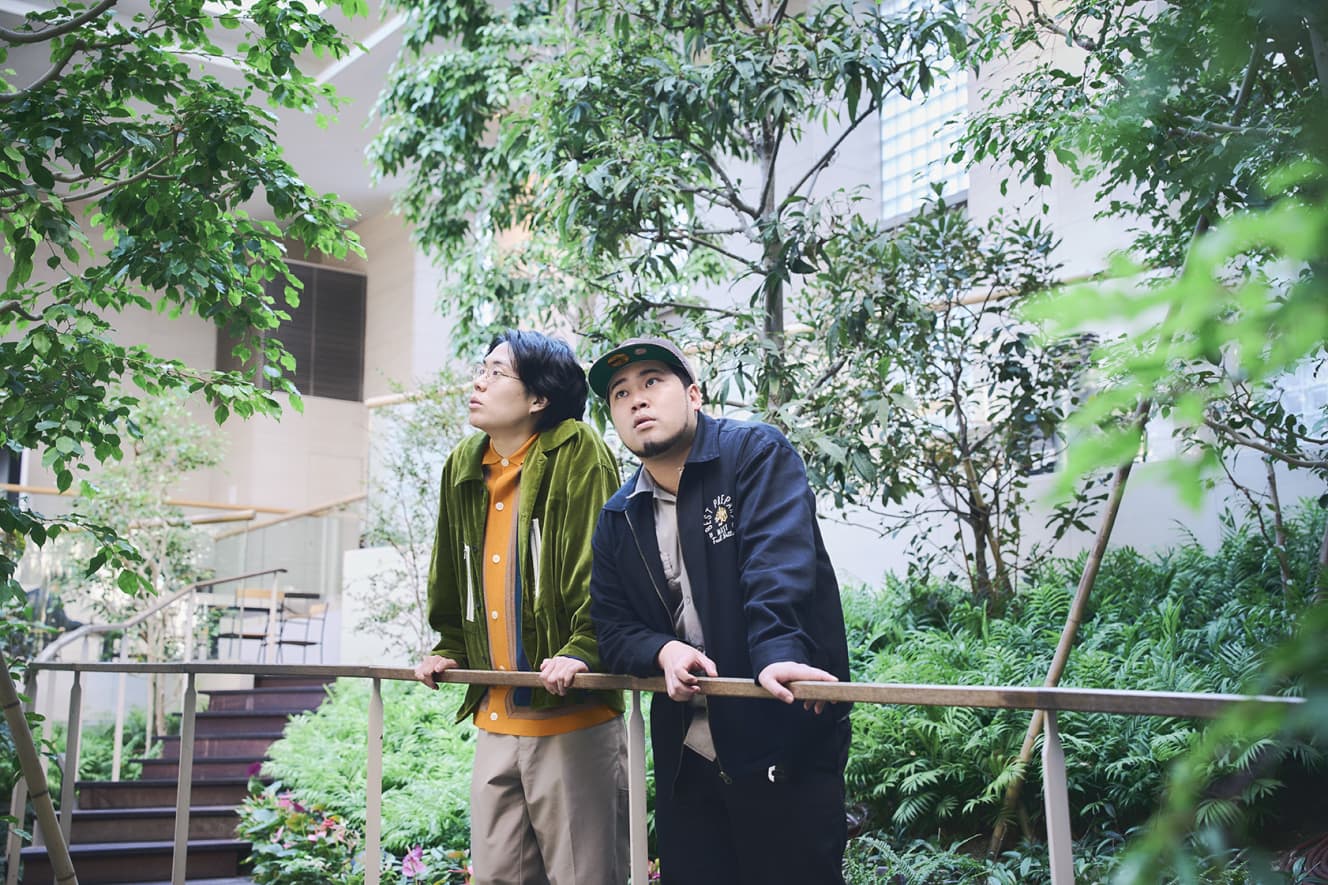
–Kuruma: I think that there is a notion among comedians that it is wicked to try to gain popularity through something other than storytelling.
Kuruma: People who say that in Yoshimoto get angry (laughs). Only Tokyo Dynamite and Metal Butt are cool enough to say that! It’s a recent fad to misunderstand that and make off-the-cuff moves.
Kemuri:Yoshimoto is on the high road, but they want to go underground (laughs).
Kuruma:But that takes a lot of talent. I spend all my time working part-time, neglecting my efforts to gain popularity. When I see people who say that they are comedians even though they have less time to think about their material because of that, I think their stance is a gamble.
Kemuri:It really is.
Kuruma:Sometimes they are not trying to be funny, they are just trying to be funny. You must not make that mistake.
–When it comes to being “funny,” there are stories of comedians who used to be funny, but when they became popular, they became rounded and not funny anymore….
Kuruma:I used to think that way, too, in my amateurish way of thinking. But I changed my mind when I was in a theater with a successful senior comedian. He was very funny.
Kemuri:I think that many people who are that successful tend to appear on TV with less energy.
Kuruma: Yes, yes. It’s not that they’ve become rounded, they just try to say rounded things.
Kemuri:It could be said that we sold well because of our ability to adjust our laughter to TV size in that way.
What is the ideal balance between “work” and “our own laughter?
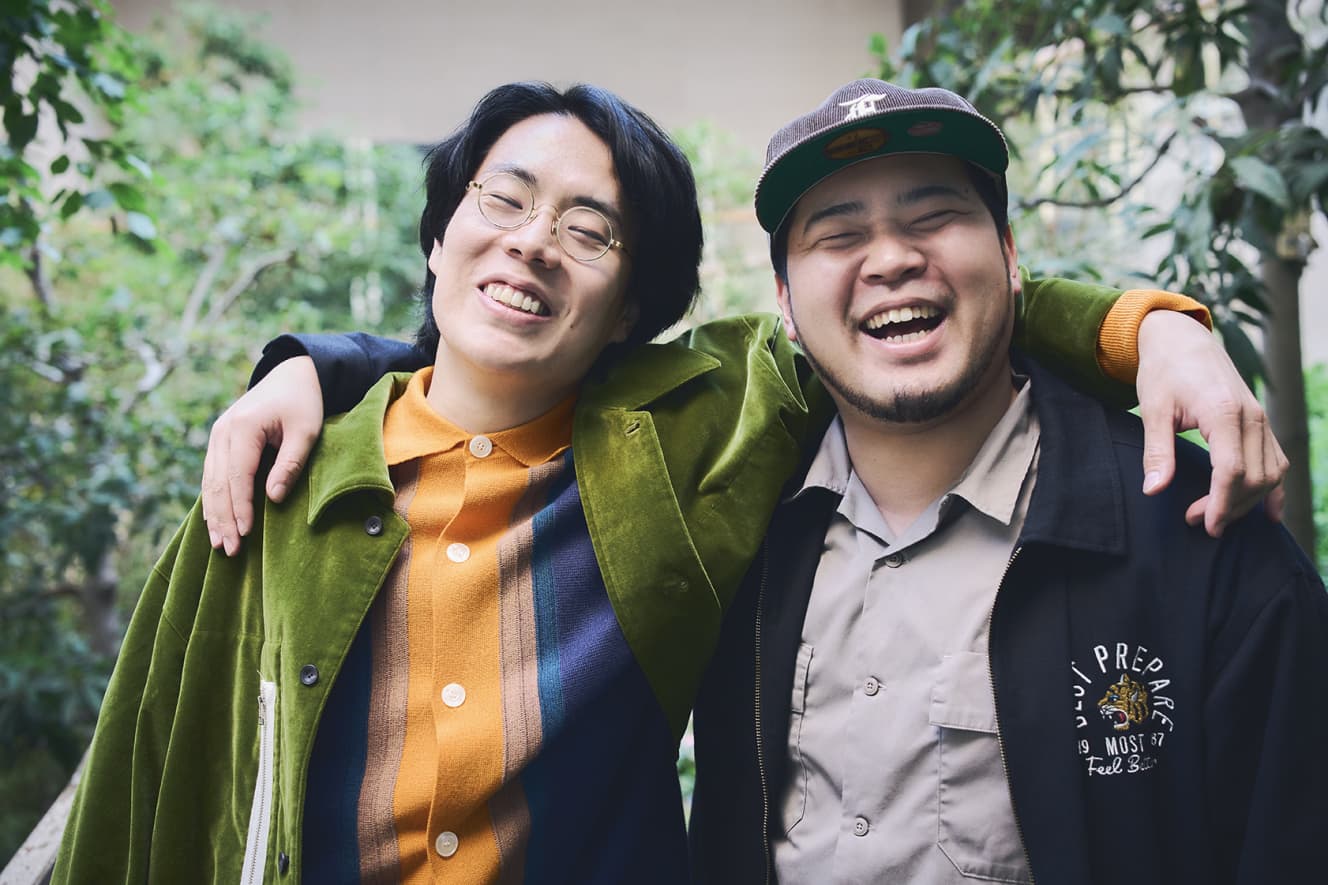
Kuruma: It’s up to you to decide which job you want to take. If you want to make money, it is better to do laughter that sticks with the masses. That may drive away the core fans who frequent the theater, but you can’t make everyone happy. But you can’t make everyone happy, so if there are 1,000 people in the audience, you have to decide whether to make the 100 core fans laugh with a funny new material, or whether to make the remaining 900 people laugh.
Kemuri:It would be better to make 900 people laugh.
Kuruma:Yes, that’s great. There is the professional part in the sense of work, and there is the artistic part in the pursuit of one’s own laughter. As a comedian, I think it’s a question of how you balance the two.
–Which do the two of you choose?
Kuruma: If it were us right now, if it were 9:1, we would value the first more. There was a time when we were going for the 9:1. I think it takes a very successful person to go for the 9:1.
In an age when “stories” are consumed in addition to “stories
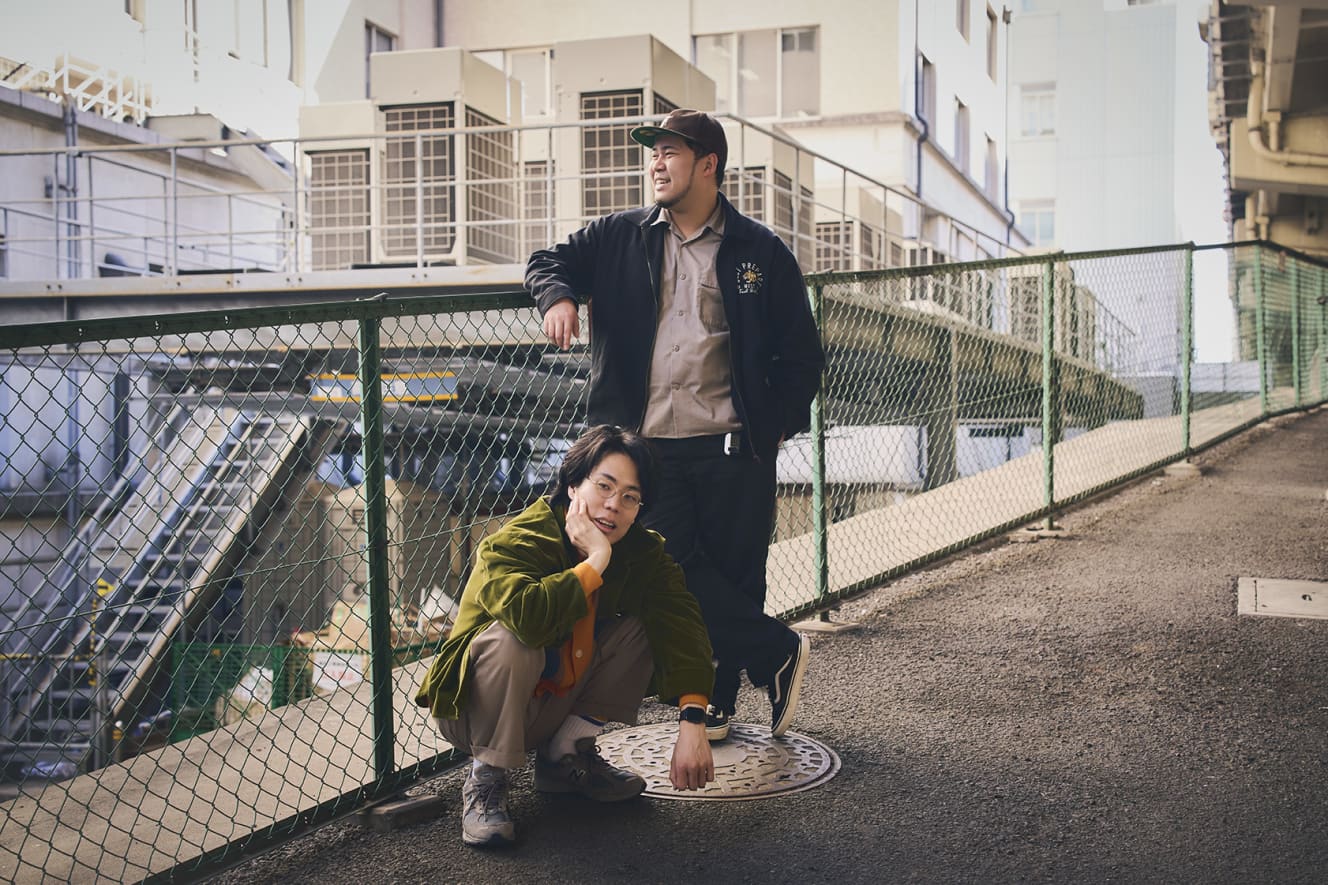
–Speaking of award races, the story of how the M-1 team won the M-1 championship has recently become a content. I have the impression that the more dramatic the story is, the more fans it attracts. What do you think about being supported by a story other than the story itself?
Kemuri: I think this kind of story consumption is something that all comedians have to bear on their own. Because everyone is in the awards race.
Kuruma: And the award race management is leading that too. But I think it’s definitely better that way. It’s the same thing as the current boom in guesswork. If people can experience the whole story of winning together, they will be more excited to cheer for the winners.
–I’m worried that the comedians might feel it’s too hard to do so.
Kuruma: I don’t feel any particular weariness. I don’t feel worn out because I’m not pushing myself too hard.
Kemuri:Yes, yes. It’s just that people around us see it that way, and we are not doing anything on top of it.
Kuruma:It’s hard to go to the trouble of making something that doesn’t exist in the first place. When it is consumed and decreases, you desperately need to add to it. But we don’t make anything. People appreciate things as they are, so we don’t have any hardships.
Does getting married reduce the number of customers? True Thoughts on “Workaholics” and “Riacos
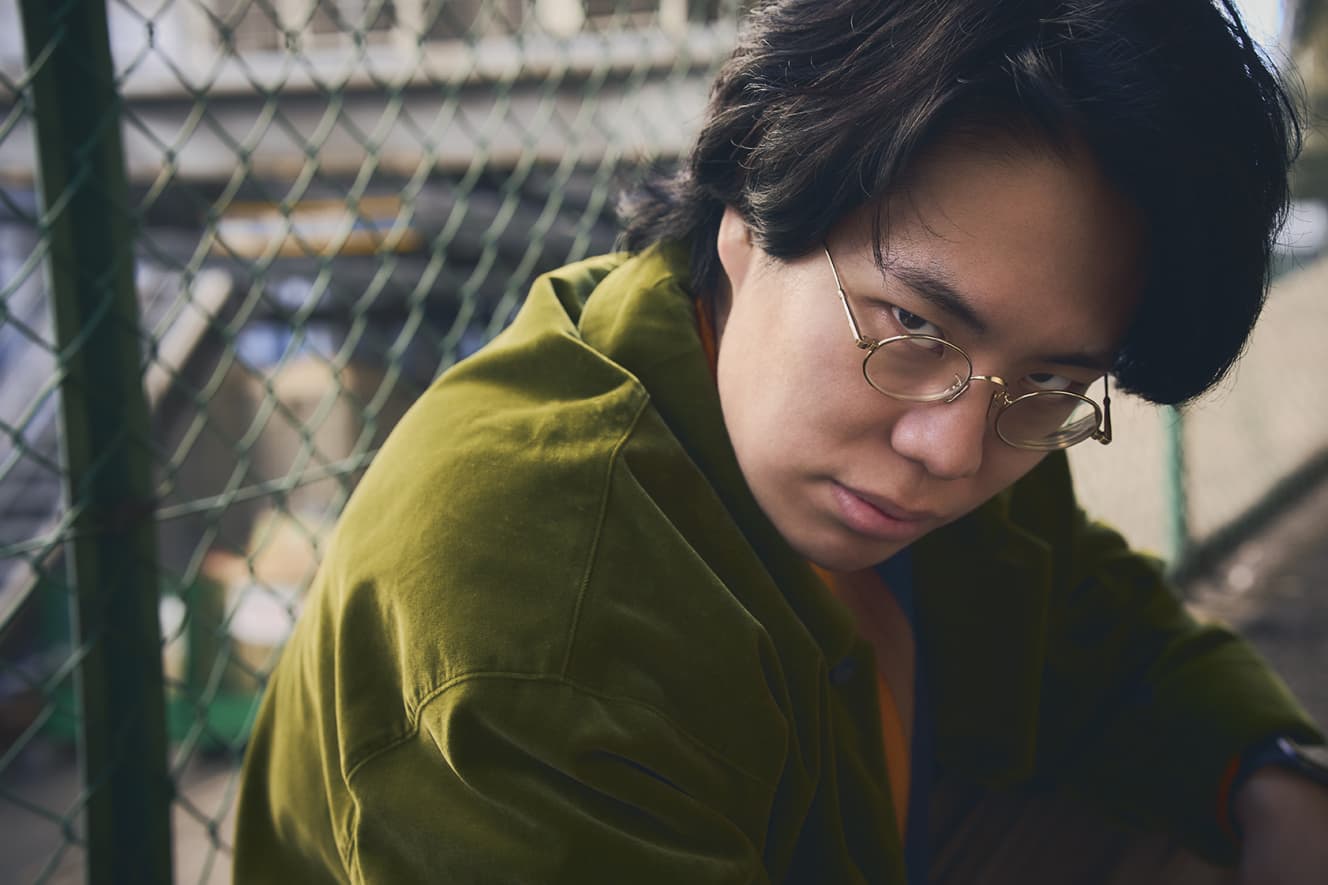
-When talking about comedians and popularity, the existence of “warcow” is often mentioned.
Kuruma: Actually, I don’t really feel that term. From my point of view, people in Osaka, where comedy has always been a part of the culture, or people of the generation older than us are the only ones who talk about it. In Jimbocho, where we are located (Jimbocho Yoshimoto Manzai Theater), I don’t think there is a culture that says such things or looks down on us.
Kemuri: They are rather good customers. And from a comedian’s point of view, it really doesn’t matter. We just make the audience in front of us laugh.
Kuruma: I agree. Of course there are fans who come because they think this comedian is cool, but those people also watch all the other comedians’ material. And since they come often, they know the flow of the material and laugh at the right moments. They are just warm customers (laughs).
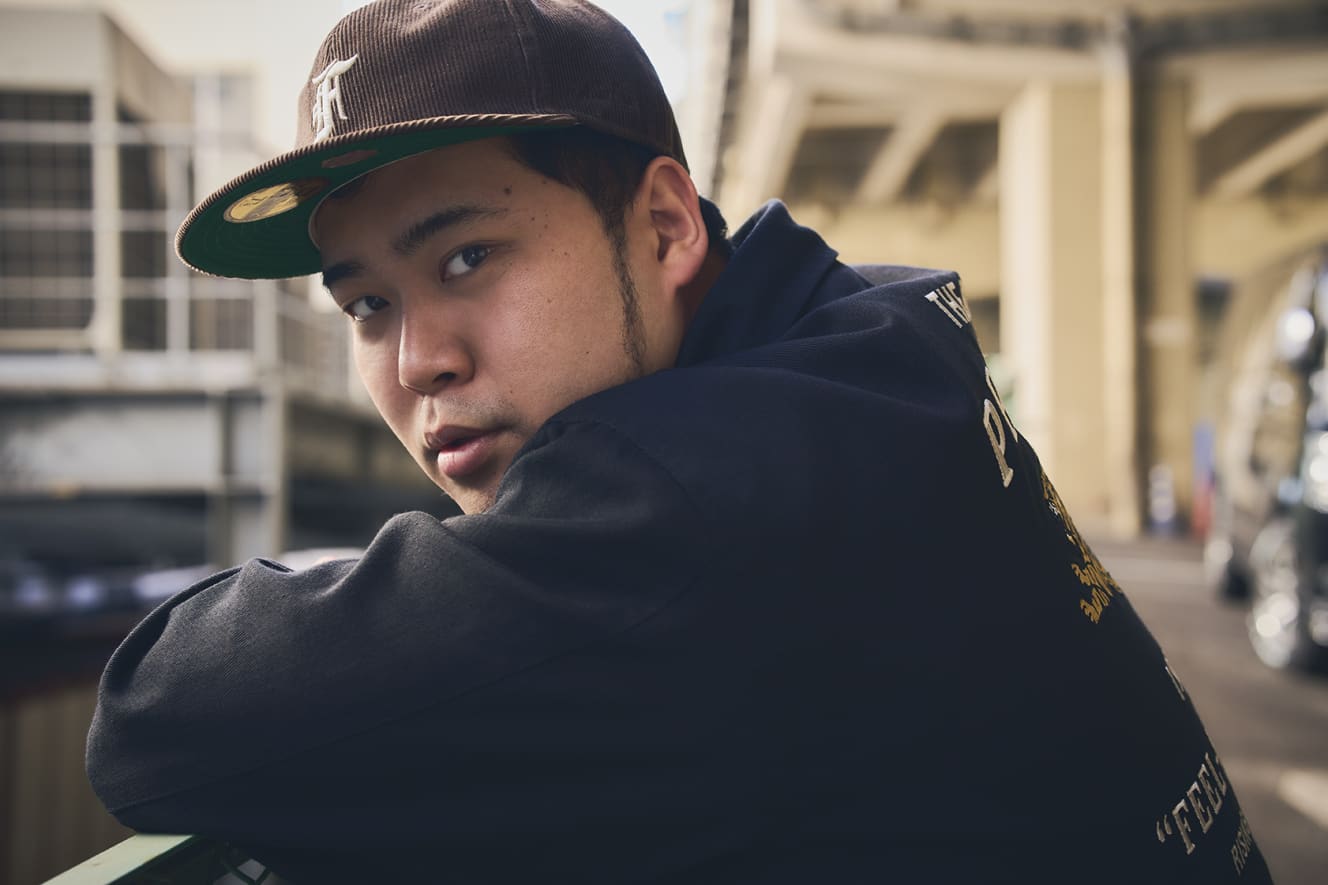
–I’m from Osaka, and I do feel that there was a culture in Osaka that looked down on comedians who were being pampered by young women.
Kuruma:That is also true of those who are extremely successful. Even if they don’t get access to their material, they are still popular. You have to be very popular. In Tokyo, did the phenomenon of EXIT happen to that extent? But EXIT is really great. Like Mr. Hiroki Kanekon, no matter how many fans line up in front of the theater, he always responds with a cheerful “thank you”.
Kemuri:You don’t say anything negative.
Kuruma:There are many people who are sucked into that power and are truly saved by EXIT’s presence. That’s a level beyond “wow” already. I think there are probably some fans who are embarrassed to be called “wow” by others. I think it was EXIT that freed us from that oppression.
–I think there are cases where “warcow” turns into “riako” (referring to fans who are “in love in real life”).
Kuruma: It can’t be helped to some extent that respect and romantic feelings get mixed up. It is an eternal problem that comedians attract fewer customers when they get married.
Kemuri: I’m happy, though, to be rear-ended.
Kuruma: Why not?
Kemuri:Please write down that you welcome reaccompaniment (laughs).
The most powerful grab at the taboo subject of “appearance”.
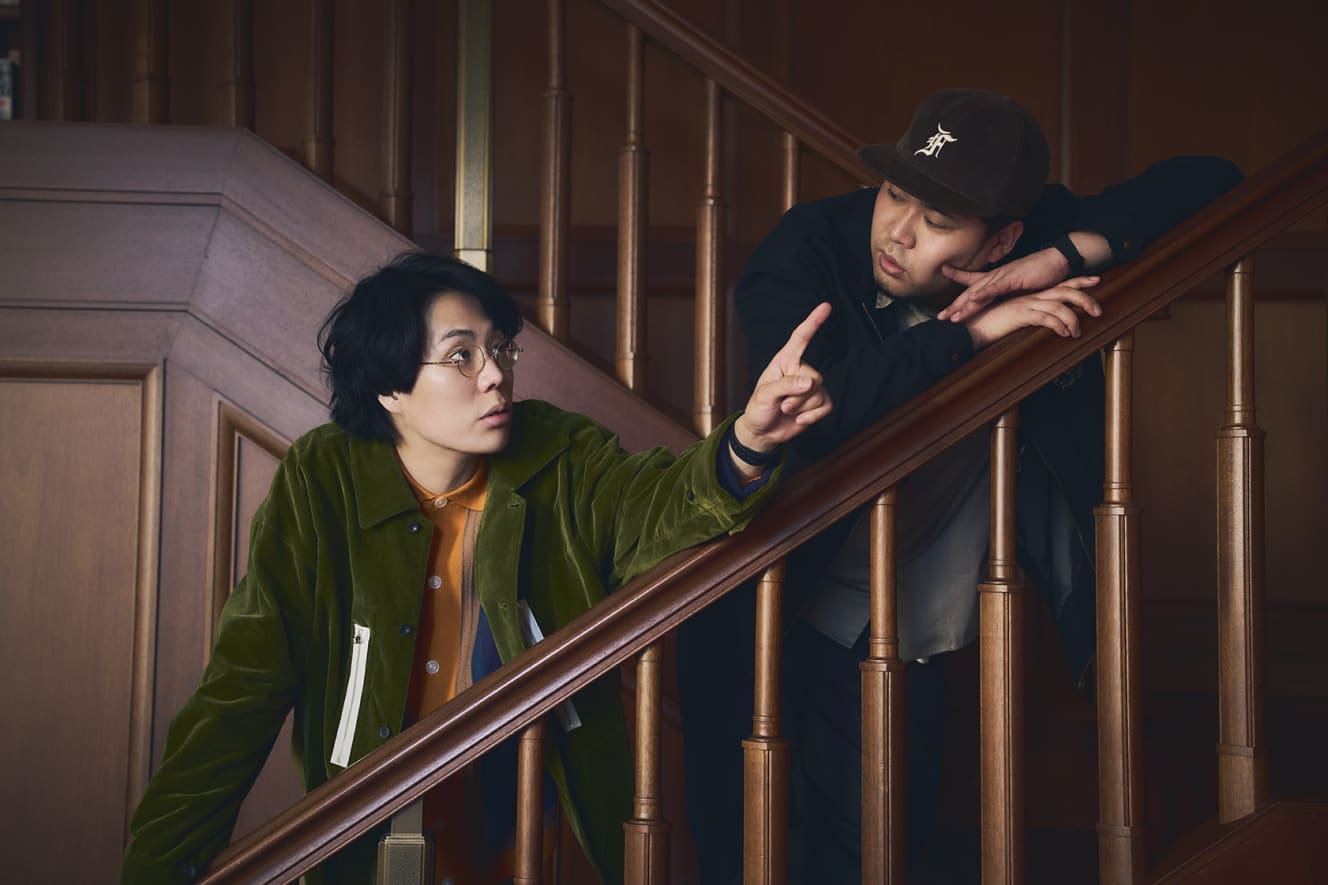
–What do you think about the correlation between appearance and laughter among comedians?
Kuruma: I had hyaluronic acid injected into my chin. I think it’s OK because I am just making a normal impression out of an unimpressive one. If I do this and that to make it positive and the impression changes, the customer’s view will change, so I think it would be troublesome.
Kemuri: I don’t make any effort at all when it comes to my appearance. I think that the way I speak now is the way that suits my appearance. Ever since I was in elementary school, I have had this kind of body shape, and I have made the class laugh by speaking in a way that matches my appearance. I have accumulated this experience to create the style I have today. I don’t think I would be funny if my appearance changed.
Kuruma: When I was in the COVID-19 crisis, I lost about 20 kg, but I wasn’t very popular then.
Kemuri:I guess I get out of tune.
Kuruma:To put it another way, I don’t get many laughs because of my appearance. Even when I do something normal, it doesn’t leave an impression, and it’s hard to tell if it’s a joke or not. I thought this was a bad idea, so I tried to improve my appearance by wearing glasses, changing my hairstyle, and so on, to make it easier to laugh.
–Nowadays, it is difficult to make people laugh with one’s appearance.
Kuruma: I feel this when I do my material in the theater. When we talk about appearance, the audience gets nervous and wonders if it is safe.
Kemuri:Sensing this atmosphere, comedians are also refraining from making fun of their appearance.
Kuruma:I understand this trend, but in terms of laughter, it is difficult. Appearance is the primary source. To tell a story without mentioning that is a bit like trying to tell a story without introducing yourself.
Reiwa Romain and Crystal Noda of Magical Lovely discuss the issue of “appearance and grasp. For more details, check out the video above (from the YouTube program, “Is it true that you can get clean if you sell? ).
The beauty of comedy is that anyone can talk about it.
–We’ve heard a lot about your work, but what kind of fans are “good fans” for you?
Kemuri: I think everyone is a good fan as long as they make me laugh.
Kuruma:If I had to pick one, I would say that fans who pay money are important. Some people say it is not good to make a distinction between the two, but the fact is that there are fans who come to every theater we perform in all over Japan. I don’t think it’s strange to want to cherish as much as possible the people who devote their lives to supporting us.
–There are some comedy fans who write critiques on blogs and social networking services, but don’t you hate to be criticized by amateurs?
Kuruma: I don’t mind it. In fact, the beauty of comedy is that you can do that. I also read blogs written by customers.
Kemuri:You read them.
Kuruma:I read them. Some of them are like, “This person is really saying the right thing. I get excited when I see that. You don’t read?
Kemuri: I don’t read. I can’t critique, so I don’t know what they are writing.
Kuruma:I think it’s garbled (laughs).
Kemuri: So I don’t mind at all what they write (laughs).
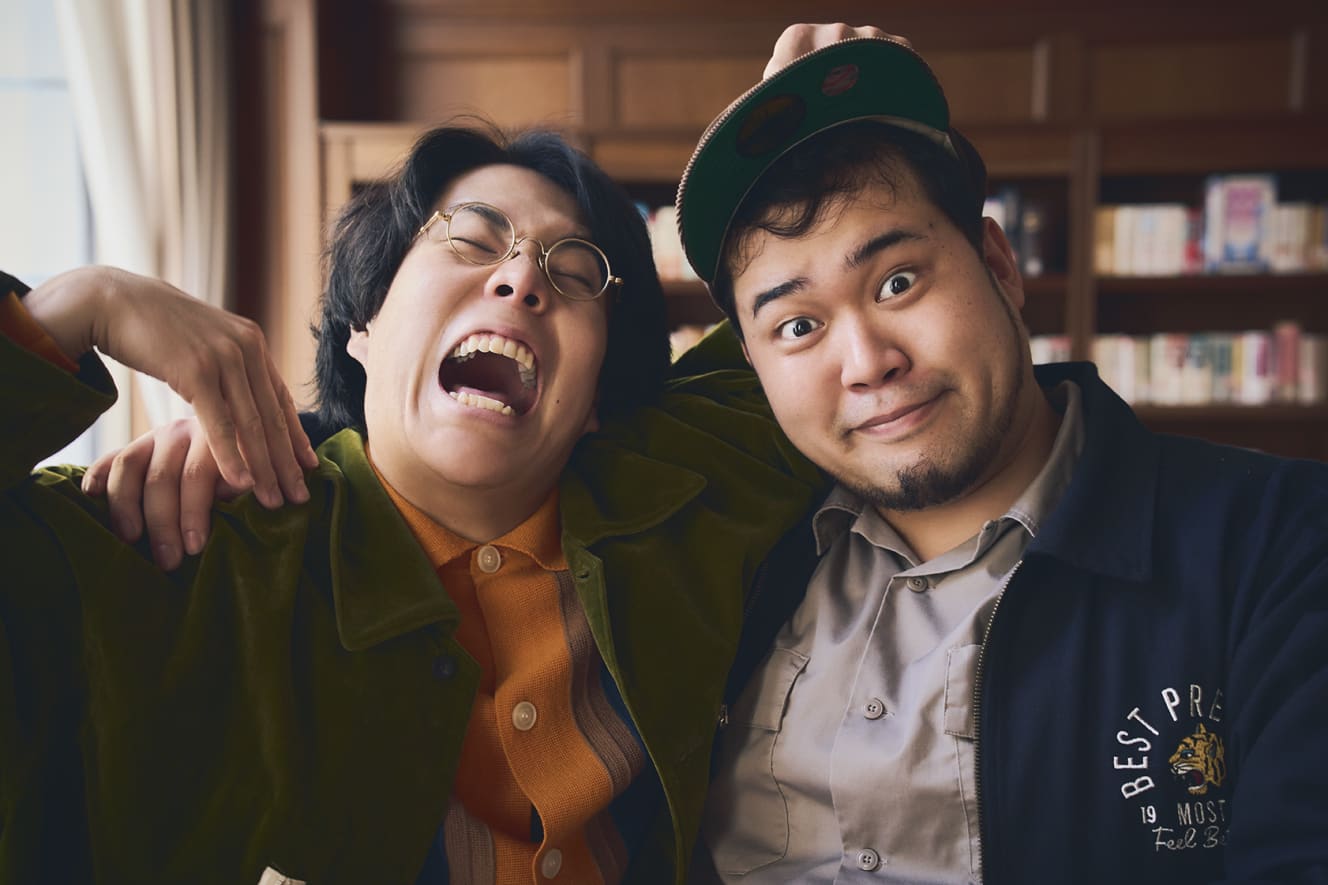
Interview and text: Yoshiaki Yokogawa
Born in 983. Born in Osaka Prefecture. He has written a wide range of interviews and columns on entertainment, from TV dramas to movies and plays. His books include "What is a 'guess' for mankind? I, a handsome actor otaku, seriously thought about it" (Sanmark Publishing), "Yakusha-tachi no genzai chi" (KADOKAWA), and "Can I live with myself if I hate myself? (Kodansha).
PHOTO: KAZUYUKI EBISAWA (makiura office)